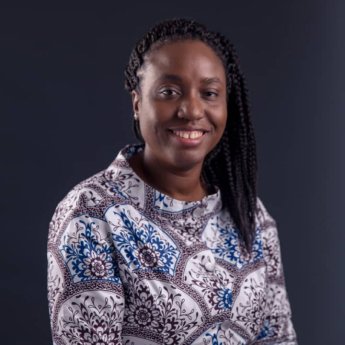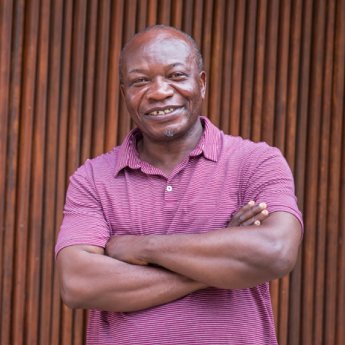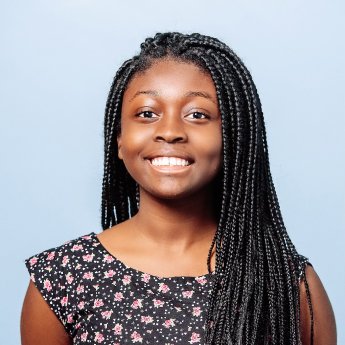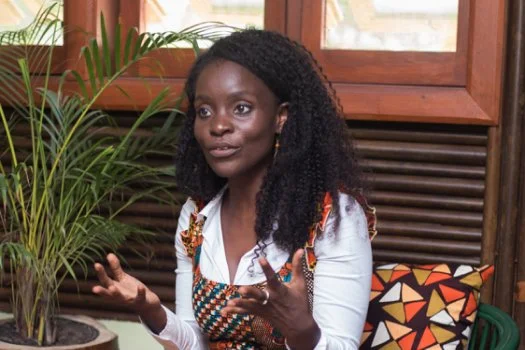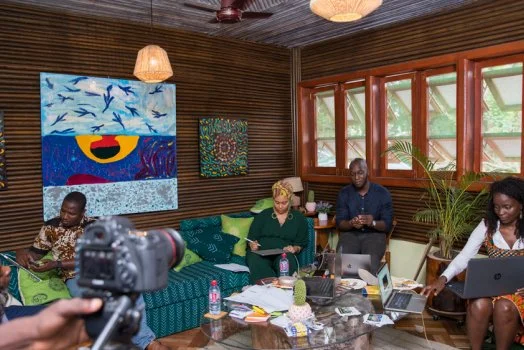There are so many ways to bring the museum home, especially at this moment as we rethink the imperialist model that Western museums were built on, and then imported to satellites across the world.
In Ghana, we have our National Museum and regional museums. We have museums that are part of monuments that tell layered narratives: of migration and exchange; of separation and fragmentation through the Atlantic slave trade; and of nation building. We have themed museums such as the Museum of Science and Technology that can serve as creative centres whether for our space programmes or the many technology hubs emerging across the country. We have museums in National Parks that span many fields including environment, animals, archaeology and community. All of these can be made more dynamic and engaging if we can move away from calcifying hierarchies, and acknowledge that we need to constantly learn alongside people, who are just as important as objects.
Vision
Ghana has announced the Presidential Committee on Ghana's Museums and Cultural Heritage, a Committee appointed to propose new policies for the governance and organisation of The Ghana Museums and Monuments Board, (GMMB) responsible for Ghana’s museums and cultural heritage.
The remit of the Committee is to investigate radical new ways of presenting narratives, as well as engaging communities from across social divides in Ghana, so that they might see themselves properly represented in their museums.
The Committee will be run on behalf of the Ghanaian Government by ANO Institute of Arts and Knowledge based in Accra and is chaired by Professor Edward Ayensu, international development advisor on science, technology and economic development, Chairman of the Board of Trustees of the African Institute for Mathematical Sciences Ghana and President of the Energy Globe Foundation.
“A strong museum sector can help to reflect to our people who we are, where we have come from, how we might move forward, and how we connect with the rest of the world.”
His Excellency Nana Akufo-Addo President of Ghana
The Committee members bring experience and expertise in fields from architecture, organisational restructuring, financing, repatriation, archaeology, art history and education. They are: Nana Oforiatta Ayim (Editor, Founder of ANO), DK Osseo Asare, Dr Edith Dankwa, Kwasi Adi Dako, Dr Dickson Adom, Jennifer Adu, Magida Peregrino-Brimah, Dr Kodzo Gavua, Dr William Narteh Gblerkpor, Maame Mensah Bonsu, William Nauiban Gmayi, Afua Nkansah-Asamoah, and Clement Wiredu.
His Excellency Nana Akufo-Addo, President of Ghana, said: “A strong museum sector can help to reflect to our people who we are, where we have come from, how we might move forward, and how we connect with the rest of the world. It can be a point of communion for people of all walks and social classes. Our museums and monuments should be places of learning and discovery for both young and old, and a keystone of our development. Our civilisations and our cultures are of the oldest in the world and our museums should reflect that wealth of history, and be projections of what we are capable of for our futures. At this pivotal moment in time, I look forward to the Committee creating a new way forward for museums and cultures that the whole world can look to.”
The President’s Committee on Museums and Monuments will present its finding in a report to be published in early 2021. Its remit covers: The history and present state of GMMB; the organisational restructuring needed for GMMB; a new financial framework; a proposal for the management of its monuments and archaeological sites, as well as curatorial overviews of its museums; educational proposals; architectural interventions and research into Ghanaian objects in international museums.
Contributors
News and updates
Inauguration of the Presidential Committee on Ghana's Museums and Cultural Heritage by the Minister Of Tourism, Arts and Culture, Barbara Oteng Gyasi.
Working Session of the Presidential Committee on Ghana's Museums and Cultural Heritage led by ANO Institute of Arts and Knowledge





